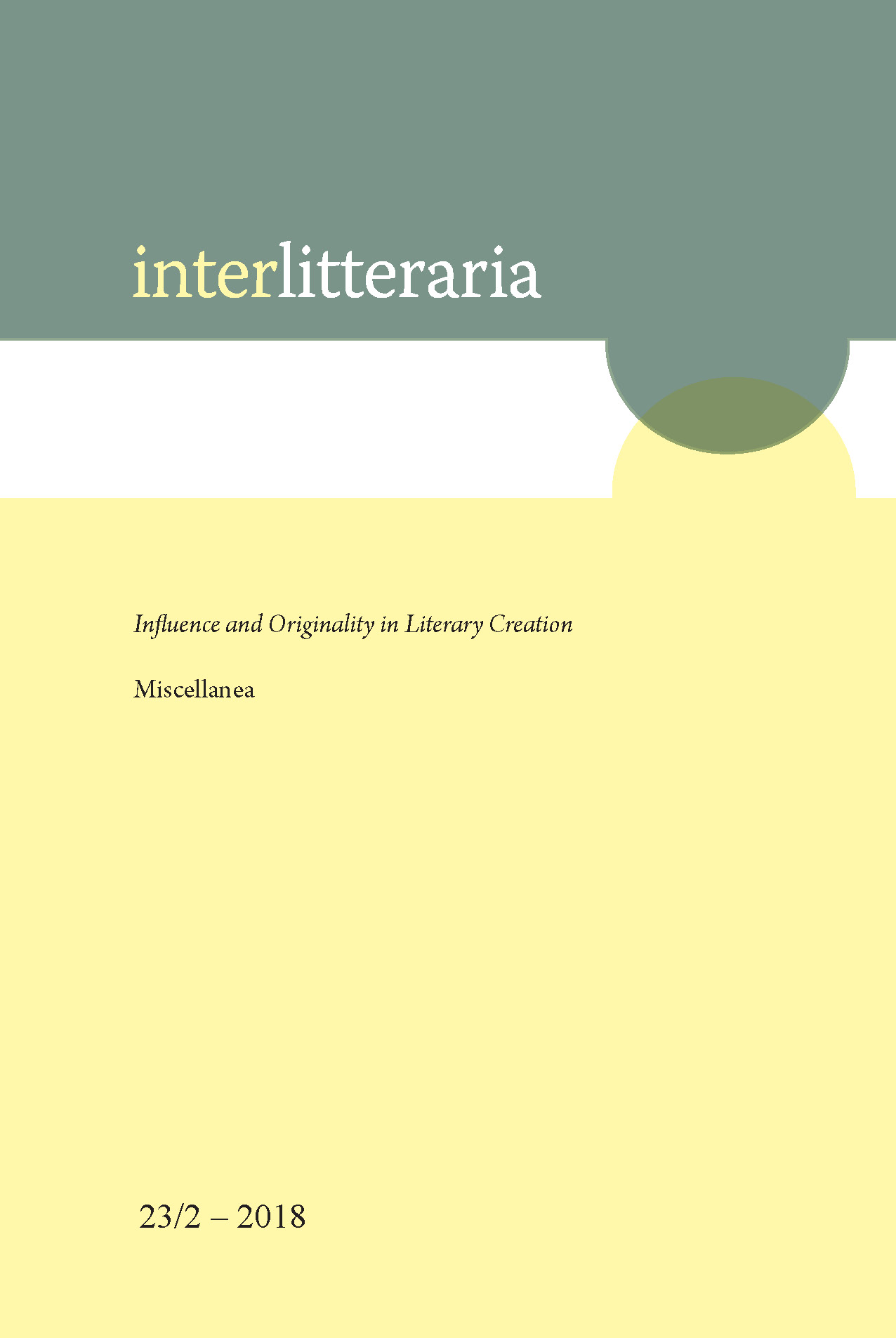Literary Theory in the Eighteenth-Century Grand Duchy of Lithuania: From the Classical Tradition to Classicism
DOI:
https://doi.org/10.12697/IL.2018.23.2.7Keywords:
Grand Duchy of Lithuania (the eighteenth century), Jesuits, humanistic education, literary theory, poetics, rhetoricAbstract
The article is aimed at introducing the peculiarities of the literary theory in the eighteenth-century Grand Duchy of Lithuania. To show these peculiarities, it begins with an overview of the main rhetoric and poetics of the Renaissance and Baroque periods, which illustrate the theoretical thought of the late sixteenth and the seventeenth centuries. The theses set out in these works had been taken up, developed, and modified up until the middle of the eighteenth century, which signalled the beginning of the Enlightenment and changes in literary aesthetics.
The majority of the works on poetics and rhetoric of the period discussed were written by French and German Jesuits (only very few were penned by the Protestants or the Piarists) and were used in the colleges of the Grand Duchy of Lithuania as textbooks intended for the classes of poetics and rhetoric. These works indicate a lively reception of the European literary theory.
Up until the eighteenth century, the book on the Renaissance poetics Poetices libri septem (1561) by Julius Caesar Scaliger retained the status of an underlying work in this field. In it, the author summed up the literary theory absorbed from ancient authors and systematized the genres of poetry, the types of its style, and the metres. Scaliger’s works, which had an impact on the European literary theory of the Baroque and Renaissance, were directly taken up by other authors and modified to a greater or lesser extent. They were easily recognisable in eighteenth-century works on poetics and rhetoric. In the seventeenth-century Grand Duchy of Lithuania, literary theory was shaped by the works of Cyprianus Soarius, Nicolaus Caussinus, François Antoine Pomey, Charles Paiot, and Jacob Pontanus. Poetics of Mathias Casimirus Sarbievius played an important role in the development of Baroque literary theory. Although it was not published and spread only in the form of manuscript notes, it was widely known in the period’s academic environment both in the Grand Duchy of Lithuania and in Western Europe. On the one hand, it was a certain way of conveying Scaliger’s theory, yet on the other hand, thanks to an apt and accurate definition of the Baroque style, this work should be treated as one of the most significant Baroque poetics of conceit. Jacob Masen, another Baroque theorist, also markedly contributed to the theoretical development of the epigrammatic genre and ‘wit’ (argutia), which is held on a par with conceit.
The textbooks used in the Jesuit colleges of the Grand Duchy of Lithuania were not authored exclusively by the Jesuits. Mention should be made of the works on rhetoric by the Dutch Protestant author Gerardus Vossius. The rhetoric of Michał Kraus was very popular in the Piarist teaching system, and, as shown by the provenances, it was included in the syllabi of some of the Jesuit colleges.
The textbooks by Joseph de Jouvancy and Dominique de Colonia represent the genre theory of the eighteenth century. Chronologically, these are the latest theoretical works of the eighteenth century that reflect the Baroque conception of the literary theory. They were highly appreciated and even used at the schools of the Board of Education. The educational reform that was launched in the middle of the eighteenth century nurtured a new approach towards the literary taste and the expression of thought. These changes are reflected in the work O wymowie i poezji (On Rhetoric and Poetry) by the Piarist monk Filip Nereusz Golański, which was the first normative poetics of the Enlightenment written in a national language (Polish in this particular case).
Downloads
Downloads
Published
Issue
Section
License
The contents of Interlitteraria are published under CC BY-NC-ND licence.


